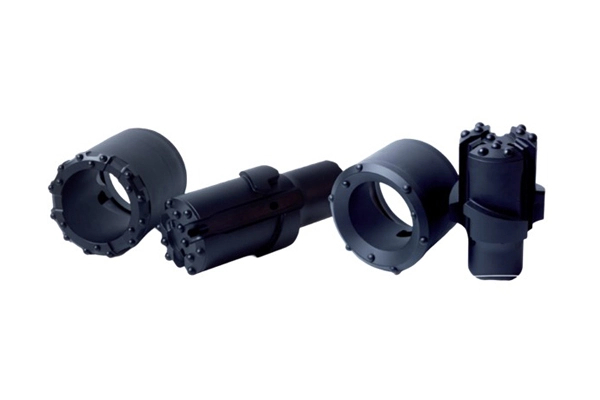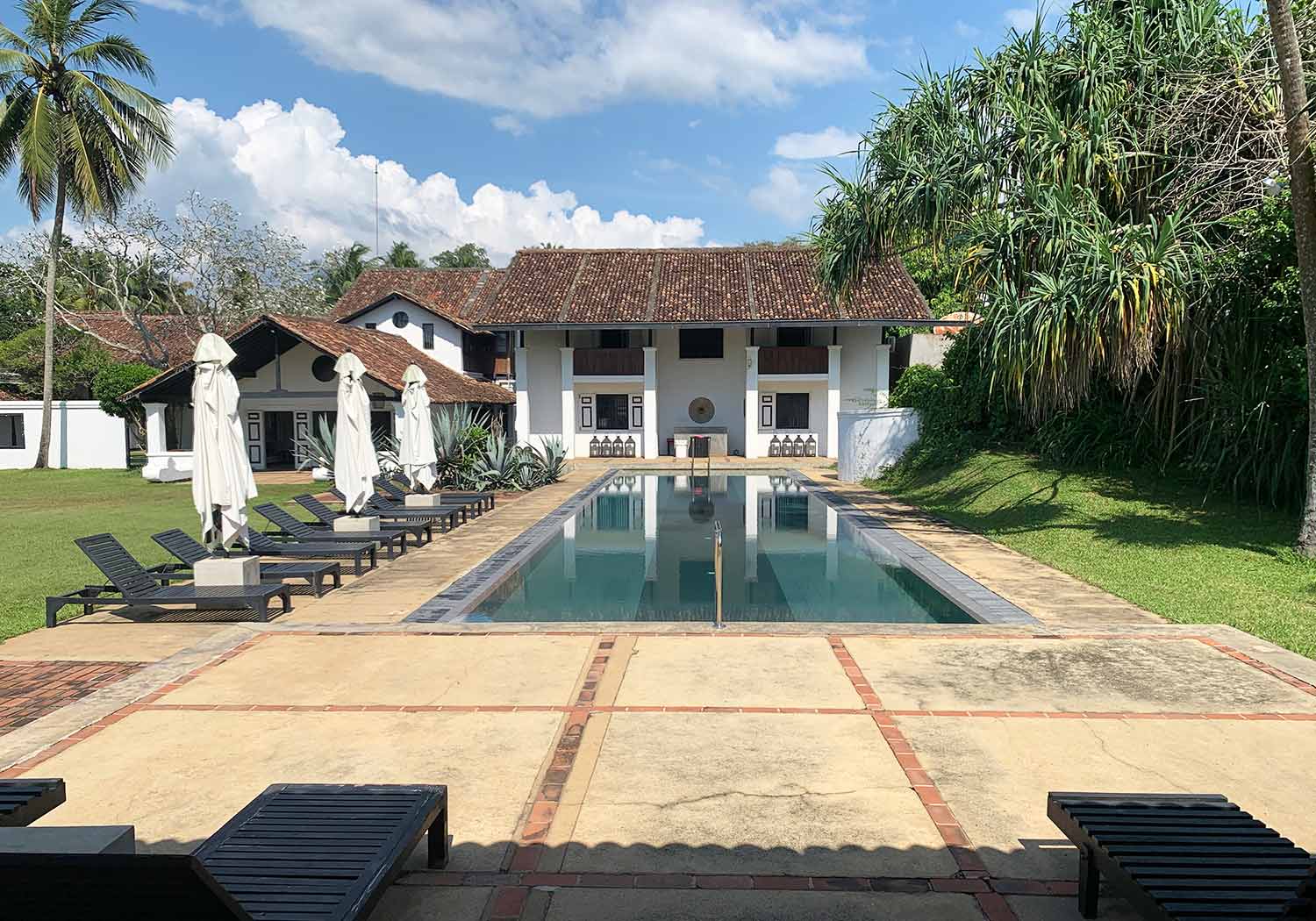
In various industries, from construction to oil drilling, the term “Casing System” is frequently used. A well-designed casing system ensures structural integrity, safety, and efficiency in numerous applications. This guide will delve into the intricacies of this system, highlighting its importance, components, and applications.
What is a Casing System?
It is a protective framework typically used in construction and drilling to encase and support structures. In oil and gas drilling, a casing system involves a series of steel pipes (casings) inserted into a drilled hole to stabilize the wellbore, prevent groundwater contamination, and isolate different pressure zones.
Components
A well-engineered system comprises several key components:
1. Surface Casing: This is the first layer of casing, inserted into the shallowest part of the wellbore. It prevents the well from caving in and protects freshwater zones from contamination.
2. Intermediate Casing: This is used when drilling to greater depths. It isolates different pressure zones and prevents unstable formations from affecting the well.
3. Production Casing: This casing is placed across the production zone and is crucial for oil or gas extraction. It ensures the flow of resources to the surface.
4. Liners: These are shorter casings that do not extend to the surface. They are hung from the previous casing string and reinforce sections of the wellbore.
Importance
It plays a pivotal role in various sectors, offering numerous benefits:
1. Structural Integrity: A casing system ensures stability and prevents collapse by providing support to the wellbore or construction site.
2. Safety: In drilling operations, the system prevents groundwater contamination with hydrocarbons and other drilling fluids, protecting the environment and public health.
3. Pressure Control: It helps manage different pressure zones encountered during drilling, preventing blowouts and ensuring the safe extraction of resources.
Applications
These systems are utilized across multiple industries, each with unique requirements:
1. Oil and Gas Industry: The system is fundamental for drilling operations. It supports the wellbore and ensures safe and efficient extraction of oil and gas.
2. Construction Industry: It supports deep excavations, ensuring the stability of surrounding structures and preventing soil collapse.
3. Water Wells: They are also employed to construct water wells to prevent contamination and maintain the well’s structural integrity.
Design Considerations
Designing an effective system requires careful consideration of several factors:
1. Geological Conditions: Understanding the geological formations is crucial. The casing must be designed to withstand the site’s specific conditions, including pressure and temperature variations.
2. Load Bearing Capacity: The system must support the loads imposed by the surrounding environment and any equipment used in drilling or construction.
3. Material Selection: The materials used in a system must be chosen based on their strength, durability, and resistance to corrosion.
Advances in Casing Systems
With technological advancements, these systems have evolved significantly. Modern casing systems incorporate advanced materials and design techniques to enhance performance and durability. For instance, using high-strength steel and corrosion-resistant alloys has improved the longevity and reliability of these systems in harsh environments.
Challenges in Implementing a Casing System
Despite their benefits, implementing such system can pose challenges:
1. Cost: The materials and labor required for installing a system can be expensive. However, the long-term benefits often justify the initial investment.
2. Complexity: Designing and installing a system requires specialized knowledge and skills. Ensuring that the system meets all regulatory and safety standards is essential.
3. Environmental Concerns: In drilling operations, improper installation of a system can lead to environmental contamination. Therefore, adherence to strict guidelines and regulations is crucial.
4. Maintenance and Inspection: Regular maintenance and inspection of the system are necessary to ensure its continued performance and safety. This ongoing requirement can add to the operational costs and demands specialized expertise.
5. Supply Chain and Availability: Securing high-quality materials and components for the system can be challenging due to supply chain disruptions or limited availability. This can delay projects and increase costs, particularly in remote or underdeveloped regions.
Conclusion
The casing system is an indispensable component in various industries, offering essential support and protection in drilling and construction operations. Understanding its components, design considerations, and applications is vital for professionals in these fields. As technology advances, the future of these systems looks promising, with potential for even greater efficiency and safety.
Argentium stands out with its superior quality and innovative design when choosing the best casing system. Their systems are renowned for their durability, reliability, and exceptional performance in demanding conditions. Argentium’s casing system is a trusted choice for professionals seeking top-notch solutions in modern engineering and drilling practices by providing structural integrity, protecting the environment, and managing pressures.
In summary, a well-designed casing system, like those offered by Argentium, is key to ensuring the success and safety of numerous industrial operations. With their expertise and advanced technology, you can be confident in achieving optimal project results.






